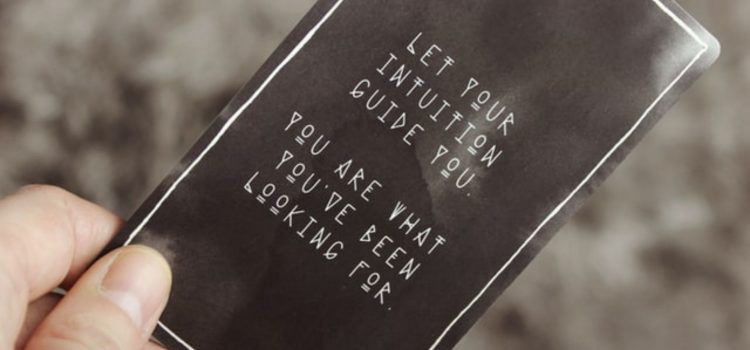What is appropriate attire to wear when presenting? What are some things you should consider when choosing what to wear for a speech? What you wear on stage sets the tone for your talk before a single word comes out of your mouth. When putting your speech outfit together, consider what impression it confers but don’t forget the practical concerns such as where your microphone will go. Here are some tips for choosing your public speaking attire.
Public Speaking Attire: Do’s and Don’ts










